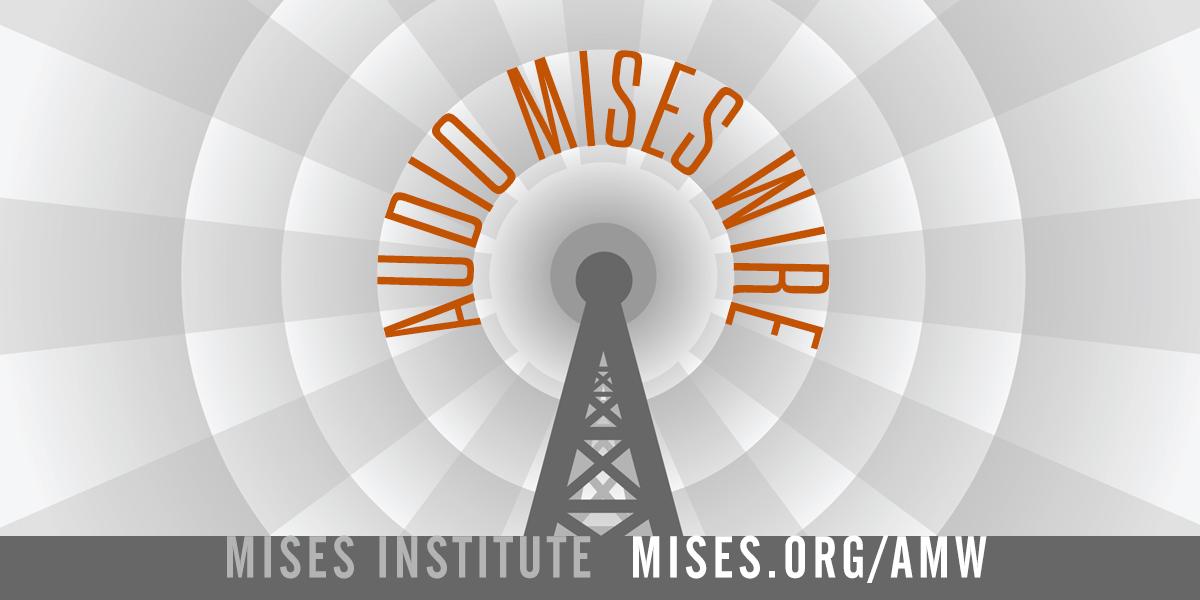Privatizing Everything: The Ultimate Libertarian Tax Solution?
Privatizing Everything: The Ultimate Libertarian Tax Solution?
The idea of privatizing everything, a cornerstone of some libertarian ideologies, proposes a radical shift in how society functions. By transferring all government-owned assets and services to the private sector, proponents argue, we can achieve a more efficient, innovative, and ultimately freer society. But is this truly the ultimate tax solution, or a utopian ideal with significant practical challenges?
The Libertarian Case for Total Privatization
Libertarianism champions individual liberty and minimal government intervention. Privatization, in its most extreme form, aligns perfectly with this philosophy. The argument rests on several key pillars:
- Enhanced Efficiency: Private companies, driven by profit motives, are believed to operate more efficiently than government bureaucracies, eliminating waste and reducing costs.
- Increased Innovation: Competition in the private sector fosters innovation, leading to better products and services for consumers.
- Reduced Taxes: With the government’s role drastically reduced, the need for taxation would theoretically vanish, leaving individuals with more disposable income.
- Greater Individual Freedom: Privatization allows individuals to choose the services they want, rather than being subjected to a one-size-fits-all government approach.
What Could Be Privatized?
The scope of privatization in this context is vast, encompassing everything traditionally considered a public good or service:
- Roads and Highways: Toll roads are a common example of existing private infrastructure, but full privatization would extend this to all roads, potentially managed by competing companies.
- Education: Private schools already exist, but this model would become the only option, with varying levels of affordability and accessibility.
- Healthcare: A completely private healthcare system, driven by market forces, is another key component of this vision.
- Police and Fire Services: Private security and fire protection services would replace government-funded agencies.
- National Parks and Public Lands: These spaces could be owned and managed by private entities, potentially impacting access and conservation efforts.
- Courts and Justice System: A private legal system raises complex questions about fairness, access, and the potential for conflicts of interest.
Challenges and Criticisms of Complete Privatization
While the theoretical appeal of a tax-free, fully privatized society is undeniable to some, the practical implementation presents significant challenges:
- Natural Monopolies: Certain services, like utilities and infrastructure, tend towards natural monopolies. Without careful regulation, private companies controlling these essential services could exploit consumers.
- Access and Inequality: Privatization could exacerbate existing inequalities, as access to essential services like healthcare and education would become dependent on individual ability to pay.
- Public Goods Problem: Some goods, like clean air and national defense, are difficult to privatize effectively due to their non-excludable nature.
- Enforcement and Regulation: Even in a privatized system, some level of regulation would likely be necessary to prevent abuses and ensure fair competition, potentially negating some of the purported benefits.
- Loss of Democratic Control: Transferring essential services to private entities could diminish democratic control and accountability, raising concerns about corporate influence and social responsibility.
Is a Fully Privatized Society Realistic?
While complete privatization remains a largely theoretical concept, the debate surrounding the optimal balance between public and private sectors continues. Exploring the potential benefits and drawbacks of privatization in specific areas, rather than advocating for a complete overhaul, may be a more productive approach. Ultimately, the question of whether privatizing everything is the ultimate libertarian tax solution—or a recipe for societal disruption—remains open for debate.
Share this content:













Post Comment